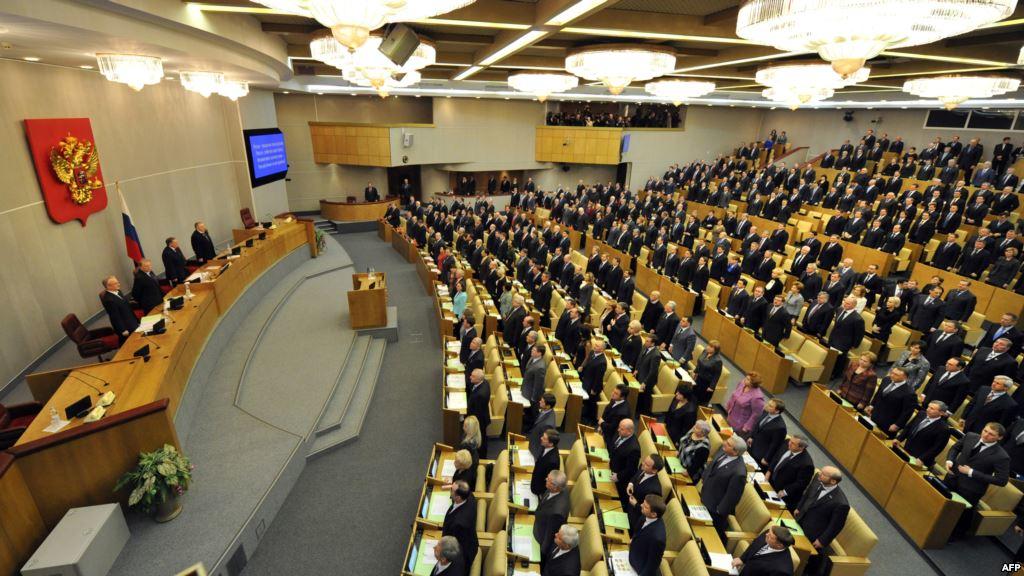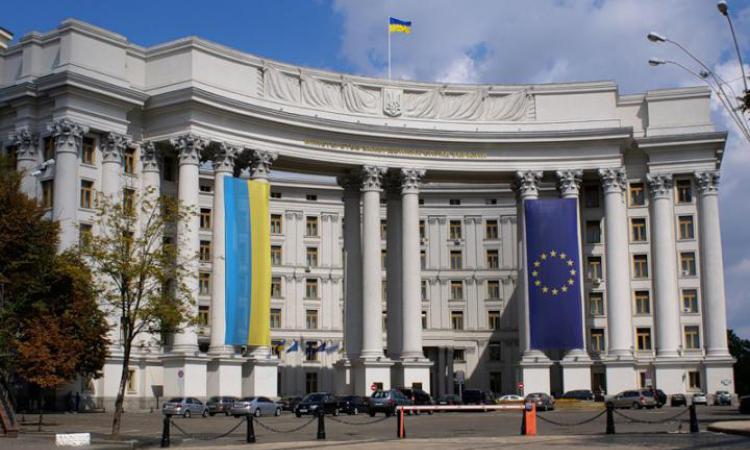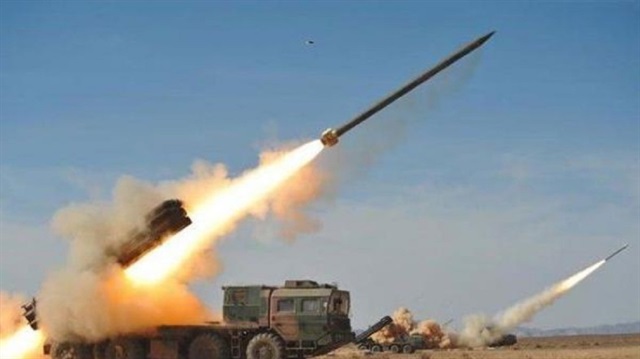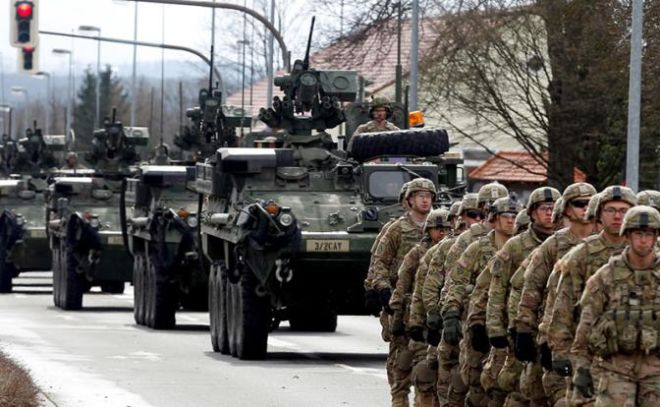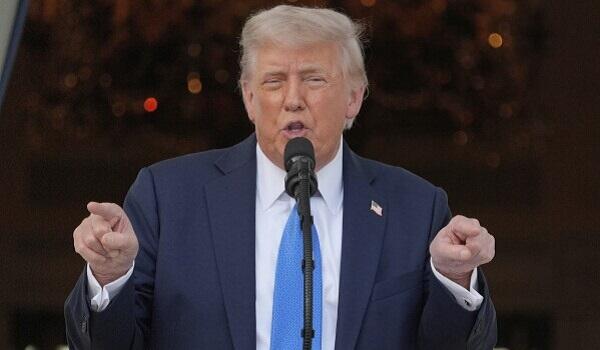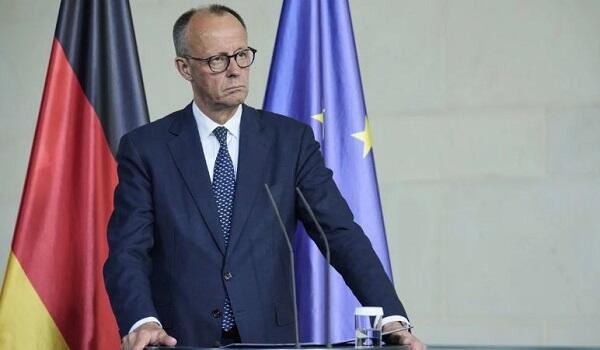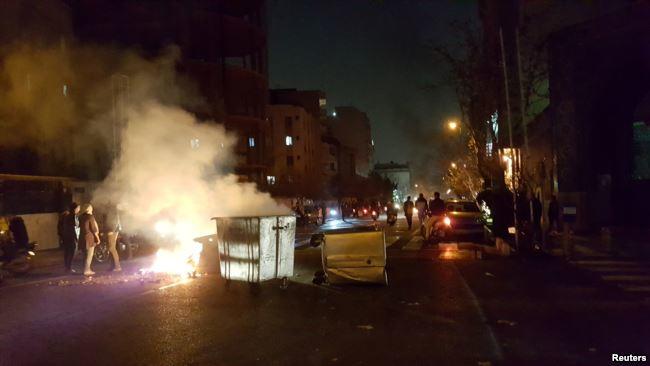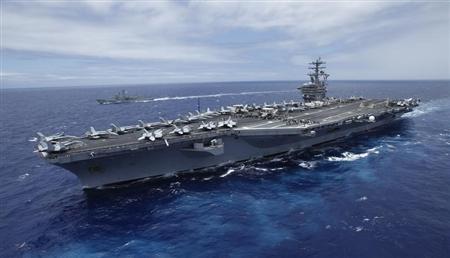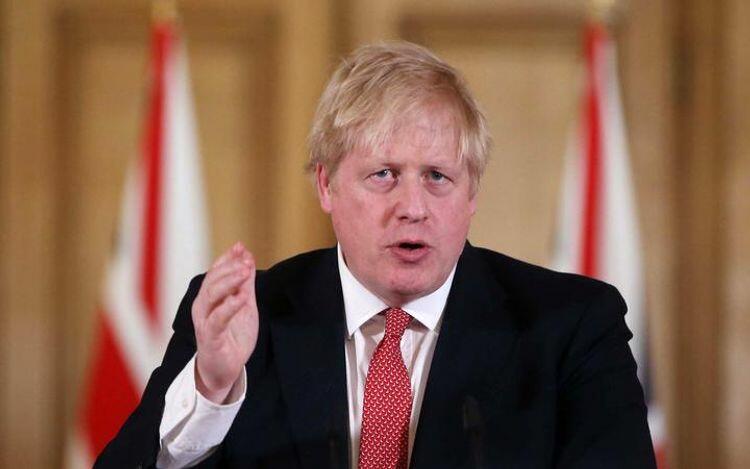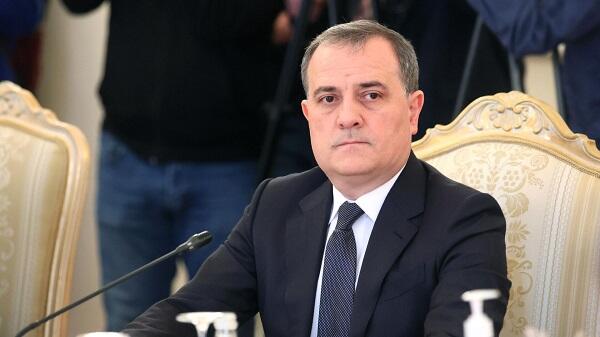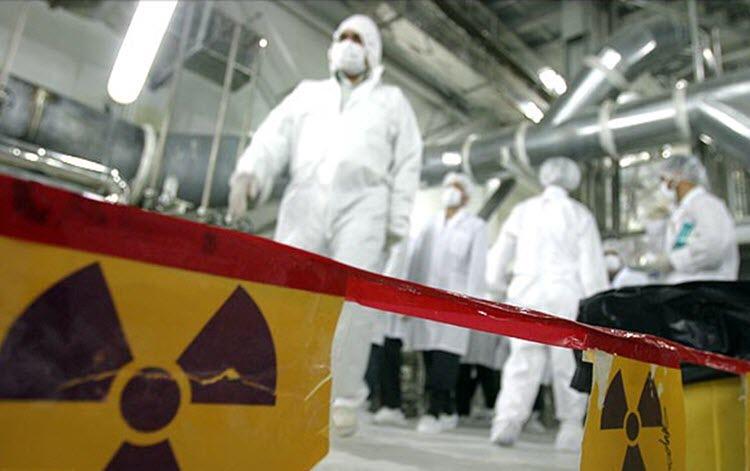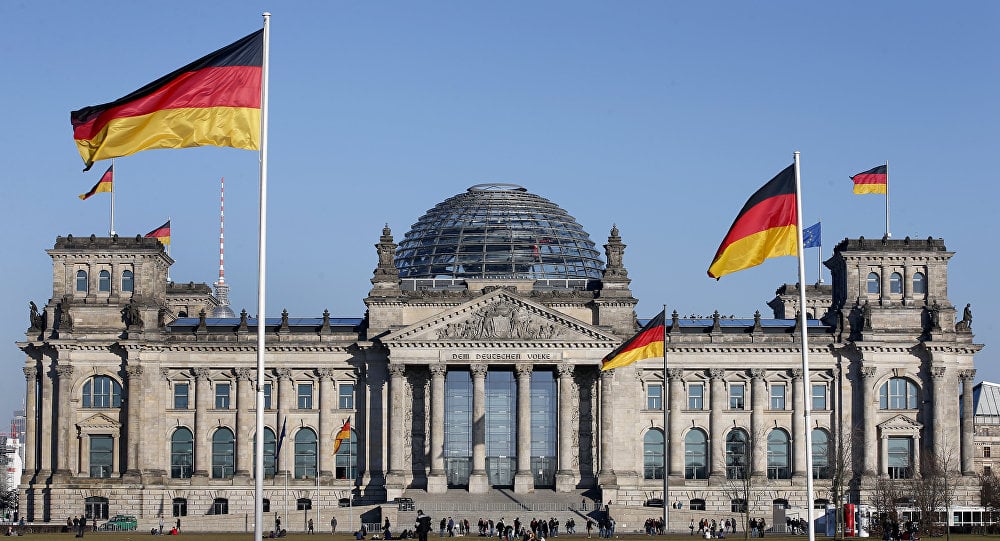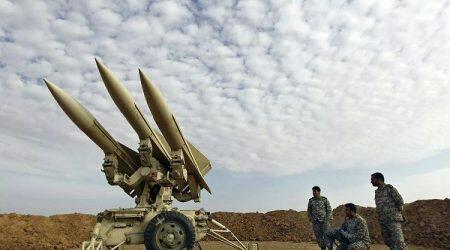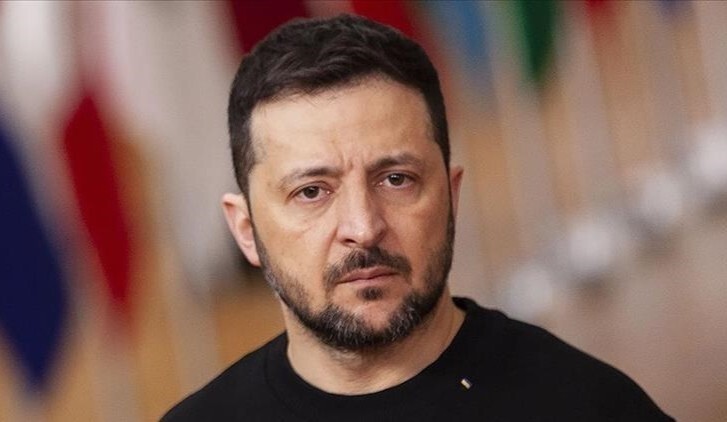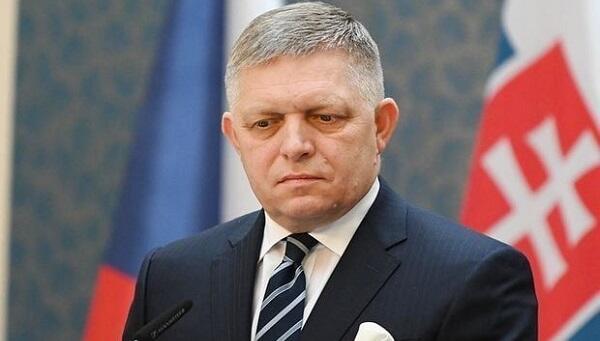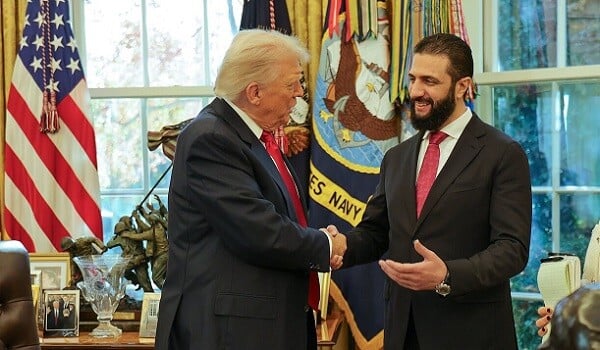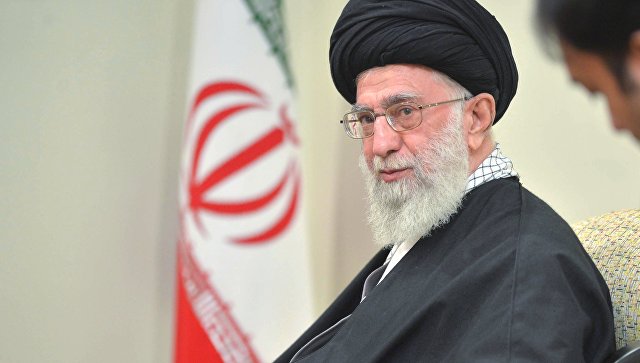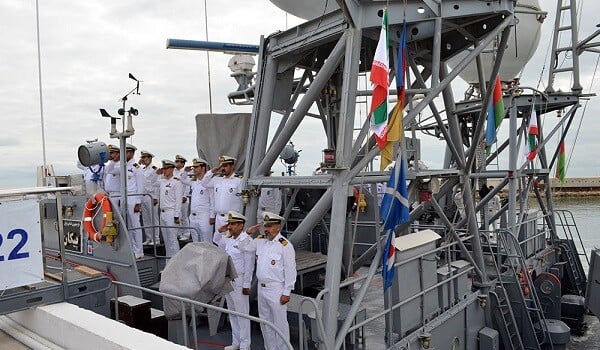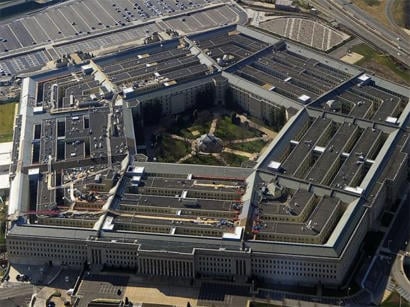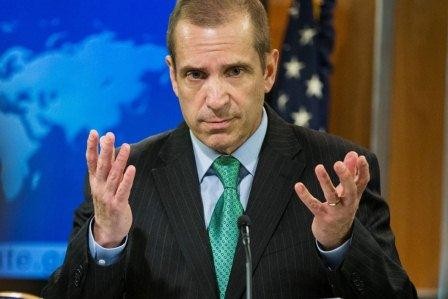State Dept. says Washington's major foreign policies
will be stable until next president takes office.
The State Department said Wednesday the U.S. stance regarding
sanctions against Russia will not change following the election of
Donald Trump to the presidency.
"Our stance was they have been and will certainly remain
throughout this administration," agency spokesman Mark Toner said
during a press briefing.
"With regard to sanctions on Crimea, those remain in place until
Russia removes its forces from Crimea and gives this peninsula back
to Ukraine."
The U.S. has sanctioned Russia since it annexed Crimea in
2014.
During his campaign, Trump questioned the reason for NATO,
openly said he admired Russian President Vladimir Putin and
allegedly accepted the annexation of Crimea. After his victory was
ensured, Putin said Moscow was ready to restore relations with
U.S.
When asked about the latest report by the International Atomic
Energy Agency (IAEA) that said that Iran was storing more heavy
water than the nuclear deal allowed, Toner said Tehran "made no
effort to hide this" but did not confirm whether it was a violation
of the Joint Comprehensive Plan of Action (JCPOA) nuclear deal
Tehran signed with word powers that placed restrictions on the
Iran's nuclear program in exchange for the lifting of some
sanctions.
According to the UN watchdog's report released Wednesday, Iran
exceeded the heavy water allotment of 130 metric tons (143.3 tons)
by 100 kilograms (220 pounds).
When asked whether U.S. relations with Japan would be affected
by the election outcome, Toner said Tokyo, regardless of the
administration, was "core foreign policy interest to the U.S."
A security treaty between the two countries stipulates that the
U.S. is committed to defending Japan, if necessary.
During his campaign, Trump said has questioned the logic of
having American troops in foreign land and said counties should
assume the costs of protecting themselves.
Also, the U.S. protests China's militarization in the South
China Sea and has conducted freedom of navigation operations in the
area. Japan fears the commitment of Washington might change in a
Trump's administration.
Regarding the transition to a new administration, Toner said
State Department officials would make every effort to make sure
Trump's team fully understands the current administration's
perspective on all U.S. diplomatic policies, including Syria.
He also said Secretary of State John Kerry, along with President
Barack Obama were committed to achieving a "well-coordinated" and
"effective" transition to Trump's administration.
Trump will take the oath of office Jan. 20 as the 45th President
of the United States.
